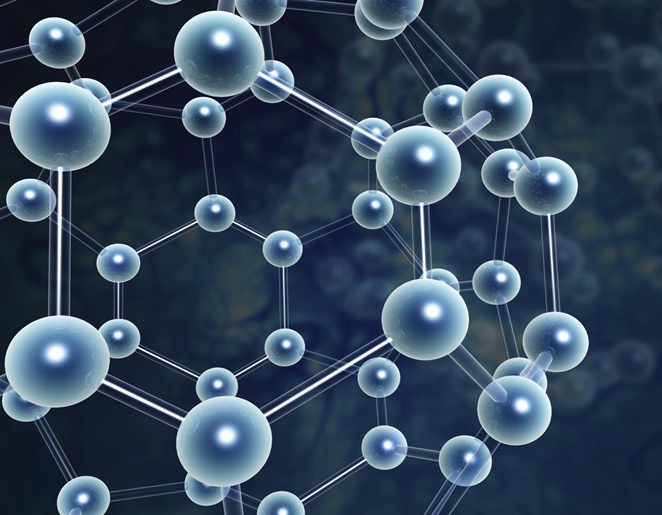In the realm of science and medicine, peptides have emerged as a fascinating and versatile class of molecules with a wide range of applications. These small chains of amino acids, often referred to as “mini-proteins,” play a crucial role in various physiological processes within the human body. From enhancing athletic performance to promoting skin rejuvenation, peptides have captured the attention of researchers, clinicians, and even individuals seeking to optimize their health. In this article, we delve into the world of peptides, exploring their uses, mechanisms, and things to consider when looking to buy peptides for research.
Understanding Peptides: The Building Blocks of Life
Peptides are composed of amino acids, which are the fundamental building blocks of proteins. While proteins consist of long chains of amino acids, peptides are shorter chains, typically comprising around 2 to 50 amino acids. The sequence and arrangement of these amino acids determine a peptide’s unique properties and functions.
Peptides play diverse roles within the human body, acting as signaling molecules, hormones, enzymes, and even neurotransmitters. Their versatile nature makes them invaluable in regulating physiological processes, including growth, metabolism, immune response, and more.
Peptides in Medicine: Therapeutic Applications
The potential applications of peptides in the field of medicine are vast and continually expanding. Researchers have been exploring the development of peptide-based therapeutics for a variety of conditions, including:
Cancer Treatment: Peptides can be designed to target specific cancer cells, delivering therapeutic agents directly to tumor sites while minimizing damage to healthy tissues. This targeted approach shows promise in enhancing the effectiveness of chemotherapy and reducing side effects.
Hormone Replacement: Some peptides can mimic the functions of naturally occurring hormones, making them valuable in hormone replacement therapies. For instance, insulin, a well-known peptide, is used to manage diabetes by regulating blood sugar levels.
Skin Care and Anti-Aging: Peptides have gained popularity in the cosmetic industry for their potential to stimulate collagen production and improve skin elasticity. Peptide-based skincare products are designed to address wrinkles, fine lines, and other signs of aging.
Muscle Growth and Recovery: Certain peptides are believed to enhance muscle growth and aid in post-exercise recovery. These peptides are of interest to athletes and fitness enthusiasts looking to optimize their training routines.
Pain Management: Peptide-based pain relievers are being investigated as an alternative to traditional analgesics. These peptides can potentially provide targeted pain relief with fewer side effects.
Things to Consider:
As the potential of peptides becomes more widely recognized, the demand for these molecules has grown. This has led to the emergence of an industry focused on producing and distributing peptides for various purposes. When considering purchasing peptides, it is essential to prioritize quality and safety. Reputable suppliers ensure that their products are synthesized using reliable methods and undergo rigorous quality control. Consumers and researchers alike should exercise caution and conduct thorough research before making a purchase. Additionally, consulting with a medical professional or expert in the field can provide valuable insights into the appropriate use of peptides for specific goals.
The Future of Peptide Science
As our understanding of peptides deepens, the potential applications of these molecules continue to expand. From personalized medicine to innovative drug delivery systems, peptides hold the promise of revolutionizing various fields. Ongoing research is likely to unveil new insights into the mechanisms of peptides and their potential to address complex health challenges.
In conclusion, peptides represent a captivating area of scientific exploration with remarkable potential for therapeutic applications. From cancer treatment to skincare, these mini-proteins have demonstrated their versatility and effectiveness in a wide range of contexts. As the field of peptide science evolves, the concept of peptides for sale will likely become even more relevant, enabling individuals and researchers to access these powerful molecules for various purposes. As we journey into the future, peptides are sure to play an increasingly significant role in shaping the landscape of medicine and beyond.

